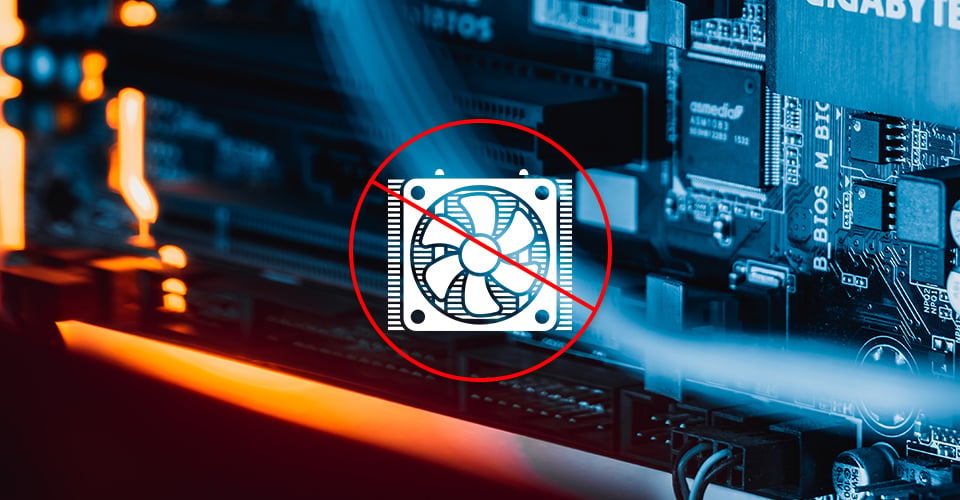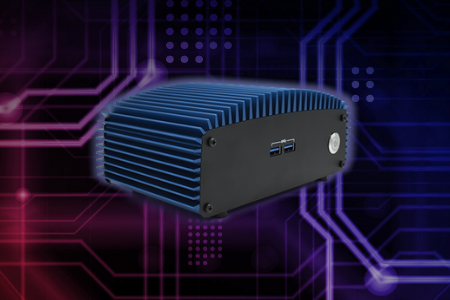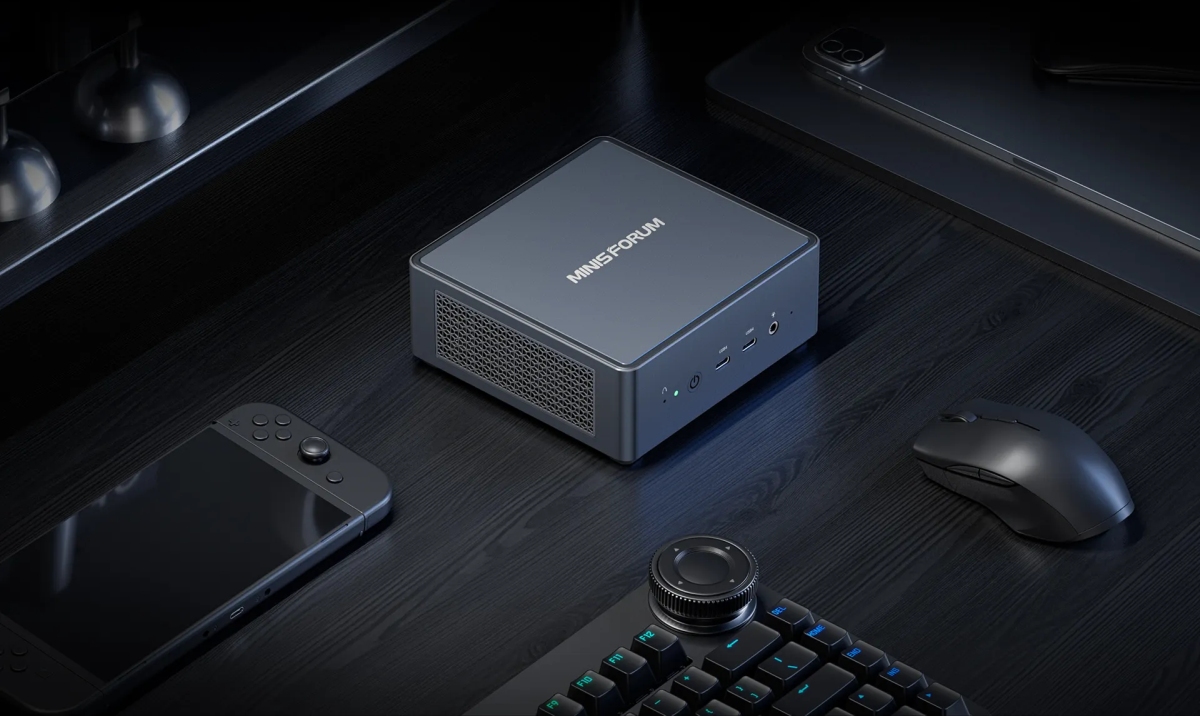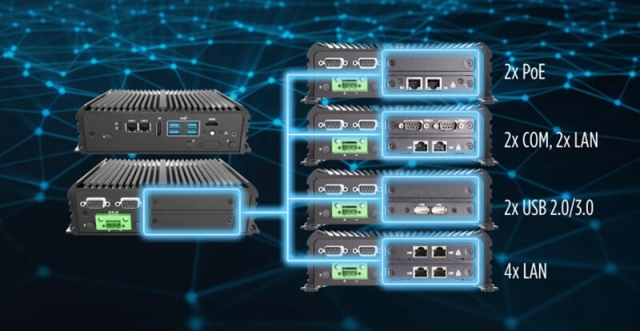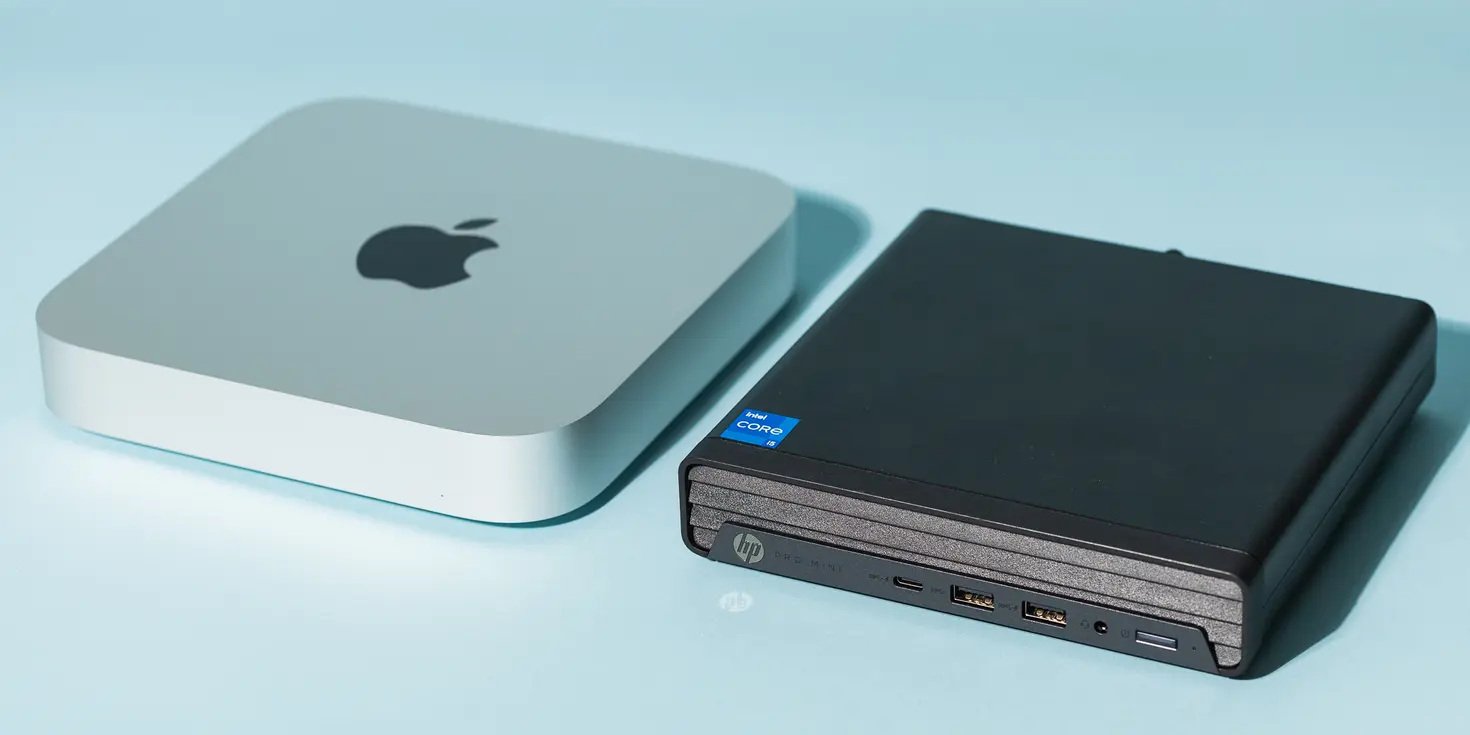If you have ever seen a fanless computer or PC or you’re interested in purchasing one, you might be wondering how does a fanless pc work and how does a fanless PC stay cool? We will discuss the answers to these two questions in much detail below. If you’re looking for the best industrial fanless computers, check out Elpro Technologies excellent selection of industrial fanless PCs.
How Does A Fanless Computer Work & How Does It Stay Cool?
A fanless computer works and stays cool by utilizing heat sinks to transfer the heat away from the internal heat-generating components, such as the CPU and silicon chips, to the aluminum body of the computer, which acts as a huge heat sink to dissipate the heat and transfer it away from the PC. Fanless PCs do not use fans to keep themselves cool. Premium industrial fanless PC brands, such as Elpro Technologies , have added fins to the top of their aluminum cases to further transfer heat away from the computer system’s outer casing into the surrounding air.
So, How Do Heatsinks Keep Your Computer Cool?
heat-sinkHeat sinks will keep your computer cool without the need for fans because they transfer heat away from components, such as the CPU and graphics chip, by absorbing the heat generated by these components and transferring it to the cooler portion of the system, which is the aluminum body of the system’s enclosure. The outer enclosure is then cooled by the air surrounding it.
Fourier’s Law of Heat Conduction explains how heat sinks are able to dissipate heat. The theory boils down to the principle that when there is a temperature gradient in a body, heat is transferred from the region with the hotter temperature to the region with the cooler temperature.
Elpro Technologies has cooled its industrial fanless computers by adding an aluminum block on top of the CPU, as well as a very thin layer of thermal paste between the aluminum block and the processor to fill in the microscopic spaces between the CPU and heat sink for maximum heat dissipation. The other end of the aluminum block makes contact with the system’s enclosure, thereby transferring all of the heat from the CPU and internal components to the enclosure, which is then cooled by the air surrounding it.
To further cool down your PC, Elpro Technologies has designed the aluminum body of its fanless industrial computers for maximum heat dissipation by adding rugged fins to the top of the system case. The addition of fins increases the surface area of the case, which increases the amount of heat that is dissipated by the outer enclosure.
The thermal design architecture for passively cooling PCS using heatsinks is a foundation for long-term reliability, making fanless computer systems great for harsh enterprise IoT deployments. Most industrial-grade applications rely on well-designed thermal dynamics in their computing solutions to optimize the total cost of ownership but, most importantly, eliminate the risk of downtime.
Is Keeping Your Computer Cool Important?
Yes, keeping your computer cool is necessary to keep it functioning reliably. If your computer is not properly cooled, it may overheat, shutdown, turn on, and shut off again. This is a situation that no one ever wants to be in, especially when applications in IoT are mission-critical.
Also, if your computer does overheat, but not to the point where the system must shut itself off, it will become extremely slow as the processor reduces its power consumption to avoid overheating and damaging itself. This is known as thermal throttling, which is built into CPUs for added protection and system reliability.
At Elpro Technologies our cooling solutions are ideal for industrial use because most of our systems are completely enclosed and passively cooled using the case of the computer system as a large heat sink to dissipate the heat generated by the PC, so you will never have to worry about your system overheating because of a broken fan or debris blocking the system’s airflow. Learn more about fanless passive cooling here.
Do Fanless Computers Overheat?
Fanless computers do not overheat for a number of reasons. For example, industrial fanless PCs do not overheat thanks to the advancements in CPU technology. Intel has made a number of processors that are extremely powerful but use little power. Since the processors use less power, they tend to produce less amounts of heat, making them perfect for embedded and edge IoT computers. Whatever heat is generated by the processor is dissipated thanks to the enclosure of the PC system, which functions are a large heat sink, cooling down the internal components of your PC.
Also, most fanless PCs are totally closed off since there is no need for an opening to pull in air to the system; this prevents debris and dust from accumulating inside the PC system, thereby reducing the possibility that your system will overheat.
That said, in the event that your computer does overheat, you do not have to worry about damaging it. This is so because almost all modern CPUs are equipped with a technology known as dynamic frequency scaling, which basically slows down (throttles) the processor when it starts generating too much heat so that it can avoid damaging itself.

